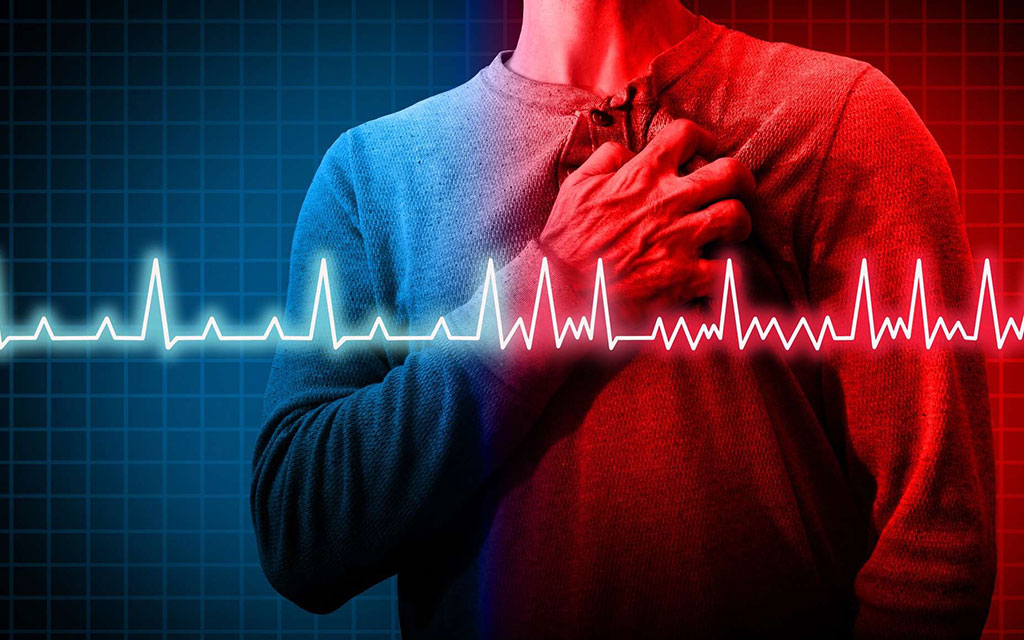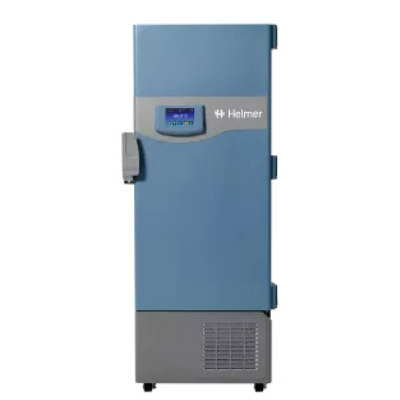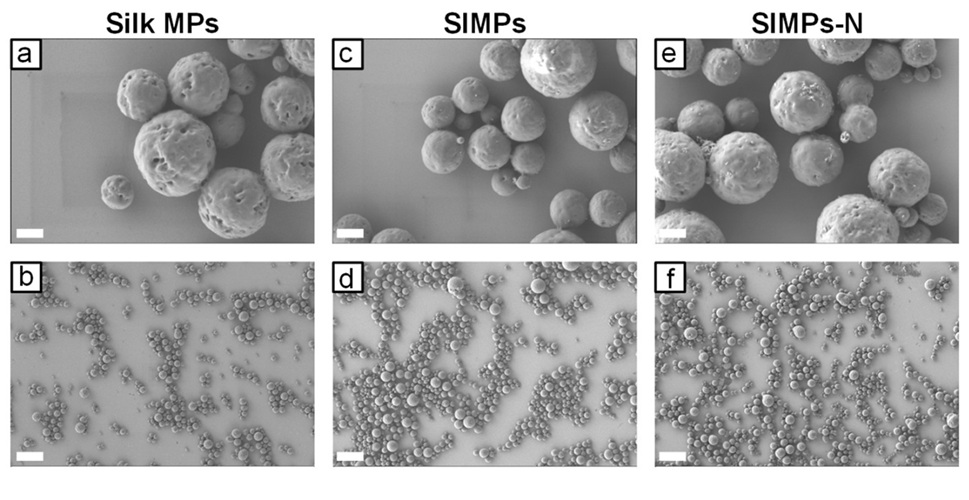COVID-19 Patients in ICU 10 Times More Likely to Experience Heart Rhythm Disorders, Finds Study
|
By HospiMedica International staff writers Posted on 29 Jun 2020 |

Illustration
Patients with COVID-19 who were admitted to an intensive care unit were 10 times more likely than other hospitalized COVID-19 patients to suffer cardiac arrest or heart rhythm disorders, according to a new study.
According to researchers from the Perelman School of Medicine at the University of Pennsylvania (Philadelphia, PA, USA) who conducted the study, the results suggest that cardiac arrests and arrhythmias suffered by some patients with COVID-19 are likely triggered by a severe, systemic form of the disease and are and not the sole consequence of the viral infection. The findings, which differ significantly from early reports that showed a high incidence of arrhythmias among all COVID-19 patients, provide more clarity about the role of the novel coronavirus, SARS-COV-2, and the disease it causes, COVID-19, in the development of arrhythmias, including irregular heart rate (atrial fibrillation), slow heart rhythms (bradyarrhythmia) or rapid heart rate that stops by itself within 30 seconds (non-sustained ventricular tachycardia).
To evaluate the risk and incidence of cardiac arrest and arrhythmias among hospitalized patients with COVID-19, the researchers evaluated 700 patients with COVID-19 who were admitted to the Hospital of the University of Pennsylvania between early March and mid-May. The researchers evaluated cardiac telemetry and clinical records for patient demographics and medical comorbidities, such as heart disease, diabetes and chronic kidney disease, and recorded patient vitals, test results and treatment. Researchers identified a total of 53 arrhythmic events: nine patients who suffered cardiac arrest, 25 patients with atrial fibrillation who required treatment, nine patients with clinically significant bradyarrhythmias and 10 non-sustained ventricular tachycardia events. The team did not identify any cases of heart block, sustained ventricular tachycardia or ventricular fibrillation. Of the 700 patients hospitalized, about 11% were admitted to the ICU. None of the other hospitalized patients suffered a cardiac arrest. After controlling for underlying demographic and clinical factors, researchers found cardiac arrest and arrhythmias were more likely to occur among patients in an ICU compared to the other hospitalized patients.
“In order to best protect and treat patients who develop COVID-19, it’s critical for us to improve our understanding of how the disease affects various organs and pathways within our body—including our heart rhythm abnormalities,” said the study’s senior and corresponding author Rajat Deo, MD, MTR, a cardiac electrophysiologist and an associate professor of Cardiovascular Medicine at Penn. “Our findings suggest that non-cardiac causes such as systemic infection, inflammation and illness are likely to contribute more to the occurrence of cardiac arrest and arrhythmias than damaged or infected heart cells due to the viral infection.”
Related Links:
Perelman School of Medicine at the University of Pennsylvania
According to researchers from the Perelman School of Medicine at the University of Pennsylvania (Philadelphia, PA, USA) who conducted the study, the results suggest that cardiac arrests and arrhythmias suffered by some patients with COVID-19 are likely triggered by a severe, systemic form of the disease and are and not the sole consequence of the viral infection. The findings, which differ significantly from early reports that showed a high incidence of arrhythmias among all COVID-19 patients, provide more clarity about the role of the novel coronavirus, SARS-COV-2, and the disease it causes, COVID-19, in the development of arrhythmias, including irregular heart rate (atrial fibrillation), slow heart rhythms (bradyarrhythmia) or rapid heart rate that stops by itself within 30 seconds (non-sustained ventricular tachycardia).
To evaluate the risk and incidence of cardiac arrest and arrhythmias among hospitalized patients with COVID-19, the researchers evaluated 700 patients with COVID-19 who were admitted to the Hospital of the University of Pennsylvania between early March and mid-May. The researchers evaluated cardiac telemetry and clinical records for patient demographics and medical comorbidities, such as heart disease, diabetes and chronic kidney disease, and recorded patient vitals, test results and treatment. Researchers identified a total of 53 arrhythmic events: nine patients who suffered cardiac arrest, 25 patients with atrial fibrillation who required treatment, nine patients with clinically significant bradyarrhythmias and 10 non-sustained ventricular tachycardia events. The team did not identify any cases of heart block, sustained ventricular tachycardia or ventricular fibrillation. Of the 700 patients hospitalized, about 11% were admitted to the ICU. None of the other hospitalized patients suffered a cardiac arrest. After controlling for underlying demographic and clinical factors, researchers found cardiac arrest and arrhythmias were more likely to occur among patients in an ICU compared to the other hospitalized patients.
“In order to best protect and treat patients who develop COVID-19, it’s critical for us to improve our understanding of how the disease affects various organs and pathways within our body—including our heart rhythm abnormalities,” said the study’s senior and corresponding author Rajat Deo, MD, MTR, a cardiac electrophysiologist and an associate professor of Cardiovascular Medicine at Penn. “Our findings suggest that non-cardiac causes such as systemic infection, inflammation and illness are likely to contribute more to the occurrence of cardiac arrest and arrhythmias than damaged or infected heart cells due to the viral infection.”
Related Links:
Perelman School of Medicine at the University of Pennsylvania
Latest COVID-19 News
- Low-Cost System Detects SARS-CoV-2 Virus in Hospital Air Using High-Tech Bubbles
- World's First Inhalable COVID-19 Vaccine Approved in China
- COVID-19 Vaccine Patch Fights SARS-CoV-2 Variants Better than Needles
- Blood Viscosity Testing Can Predict Risk of Death in Hospitalized COVID-19 Patients
- ‘Covid Computer’ Uses AI to Detect COVID-19 from Chest CT Scans
- MRI Lung-Imaging Technique Shows Cause of Long-COVID Symptoms
- Chest CT Scans of COVID-19 Patients Could Help Distinguish Between SARS-CoV-2 Variants
- Specialized MRI Detects Lung Abnormalities in Non-Hospitalized Long COVID Patients
- AI Algorithm Identifies Hospitalized Patients at Highest Risk of Dying From COVID-19
- Sweat Sensor Detects Key Biomarkers That Provide Early Warning of COVID-19 and Flu
- Study Assesses Impact of COVID-19 on Ventilation/Perfusion Scintigraphy
- CT Imaging Study Finds Vaccination Reduces Risk of COVID-19 Associated Pulmonary Embolism
- Third Day in Hospital a ‘Tipping Point’ in Severity of COVID-19 Pneumonia
- Longer Interval Between COVID-19 Vaccines Generates Up to Nine Times as Many Antibodies
- AI Model for Monitoring COVID-19 Predicts Mortality Within First 30 Days of Admission
- AI Predicts COVID Prognosis at Near-Expert Level Based Off CT Scans
Channels
Critical Care
view channel
AI Interpretability Tool for Photographed ECG Images Offers Pixel-Level Precision
The electrocardiogram (ECG) is a crucial diagnostic tool in modern medicine, used to detect heart conditions such as arrhythmias and structural abnormalities. Every year, millions of ECGs are performed... Read more
AI-ECG Tools Can Identify Heart Muscle Weakness in Women Before Pregnancy
Each year, some mothers die from heart-related issues after childbirth, with many of these deaths being preventable. Screening for heart weakness before pregnancy could be crucial in identifying women... Read moreSurgical Techniques
view channel
New Procedure Found Safe and Effective for Patients Undergoing Transcatheter Mitral Valve Replacement
In the United States, approximately four million people suffer from mitral valve regurgitation, the most common type of heart valve disease. As an alternative to open-heart surgery, transcatheter mitral... Read more
No-Touch Vein Harvesting Reduces Graft Failure Risk for Heart Bypass Patients
A coronary artery bypass graft (CABG) is a surgical procedure used to enhance blood flow and oxygen supply to the heart in individuals with coronary heart disease. During the procedure, a healthy blood... Read more
DNA Origami Improves Imaging of Dense Pancreatic Tissue for Cancer Detection and Treatment
One of the challenges of fighting pancreatic cancer is finding ways to penetrate the organ’s dense tissue to define the margins between malignant and normal tissue. Now, a new study uses DNA origami structures... Read morePatient Care
view channel
Portable Biosensor Platform to Reduce Hospital-Acquired Infections
Approximately 4 million patients in the European Union acquire healthcare-associated infections (HAIs) or nosocomial infections each year, with around 37,000 deaths directly resulting from these infections,... Read moreFirst-Of-Its-Kind Portable Germicidal Light Technology Disinfects High-Touch Clinical Surfaces in Seconds
Reducing healthcare-acquired infections (HAIs) remains a pressing issue within global healthcare systems. In the United States alone, 1.7 million patients contract HAIs annually, leading to approximately... Read more
Surgical Capacity Optimization Solution Helps Hospitals Boost OR Utilization
An innovative solution has the capability to transform surgical capacity utilization by targeting the root cause of surgical block time inefficiencies. Fujitsu Limited’s (Tokyo, Japan) Surgical Capacity... Read more
Game-Changing Innovation in Surgical Instrument Sterilization Significantly Improves OR Throughput
A groundbreaking innovation enables hospitals to significantly improve instrument processing time and throughput in operating rooms (ORs) and sterile processing departments. Turbett Surgical, Inc.... Read moreHealth IT
view channel
Printable Molecule-Selective Nanoparticles Enable Mass Production of Wearable Biosensors
The future of medicine is likely to focus on the personalization of healthcare—understanding exactly what an individual requires and delivering the appropriate combination of nutrients, metabolites, and... Read more
Smartwatches Could Detect Congestive Heart Failure
Diagnosing congestive heart failure (CHF) typically requires expensive and time-consuming imaging techniques like echocardiography, also known as cardiac ultrasound. Previously, detecting CHF by analyzing... Read moreBusiness
view channel
Expanded Collaboration to Transform OR Technology Through AI and Automation
The expansion of an existing collaboration between three leading companies aims to develop artificial intelligence (AI)-driven solutions for smart operating rooms with sophisticated monitoring and automation.... Read more



















